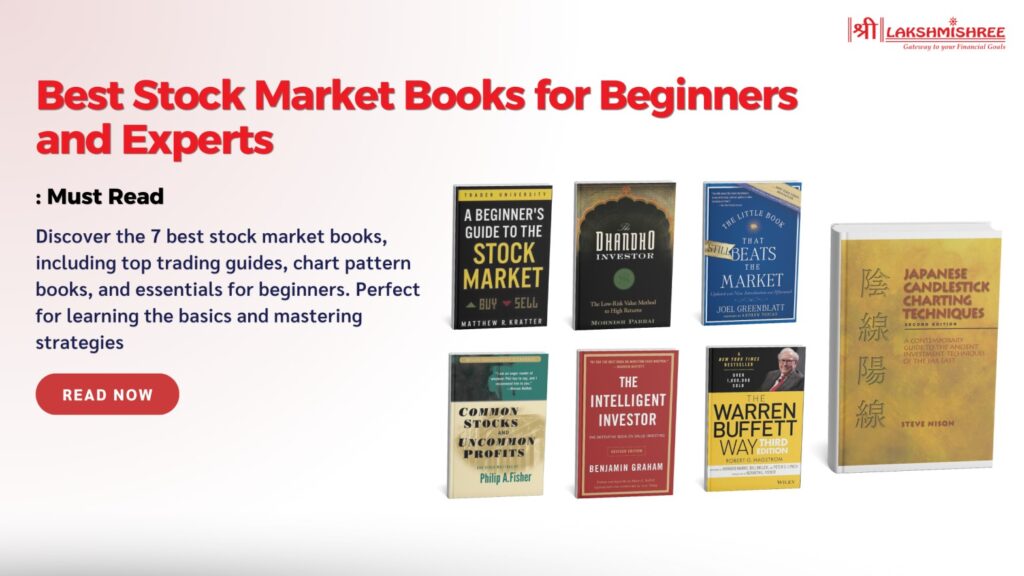
Are you eager to dive into the world of stock markets but unsure where to begin? Whether you're a complete beginner, an aspiring trader, or simply curious about the magic of investing, share market books offer timeless knowledge and strategies that can transform your trading journey. These books aren’t just pages filled with theories—they’re packed with proven insights from market experts, real-life examples, and actionable steps to help you navigate the ups and downs of trading.
This blog will walk you through the best stock market books for every level, from books tailored for beginners to advanced guides on chart patterns, technical analysis, and trading psychology.
In the ever-evolving world of trading, where market trends shift rapidly, having a solid foundation of knowledge is non-negotiable. While the internet is flooded with quick guides and tips, nothing beats the depth and credibility of stock market books. These books aren’t just collections of strategies; they’re treasure troves of wisdom shared by some of the most successful investors and traders.
For beginners, they serve as an essential guide to understanding the basics of the stock market, such as how trades work, how to manage risks, and what strategies to follow. Books like A Beginner’s Guide to the Stock Market offer step-by-step approaches to trading and investing, helping new traders build confidence without feeling overwhelmed.
These top Stock Market Books provide traders and investors with timeless strategies, practical insights, and deep knowledge. From understanding chart patterns to perfecting trading psychology, this curated list covers everything you need to take your trading journey to the next level.
Here are the top 7 stock market books you must read:
Finding the right guidance can be a game-changer if you're new to trading. The best stock market books for beginners offer practical advice, actionable strategies, and a clear market understanding
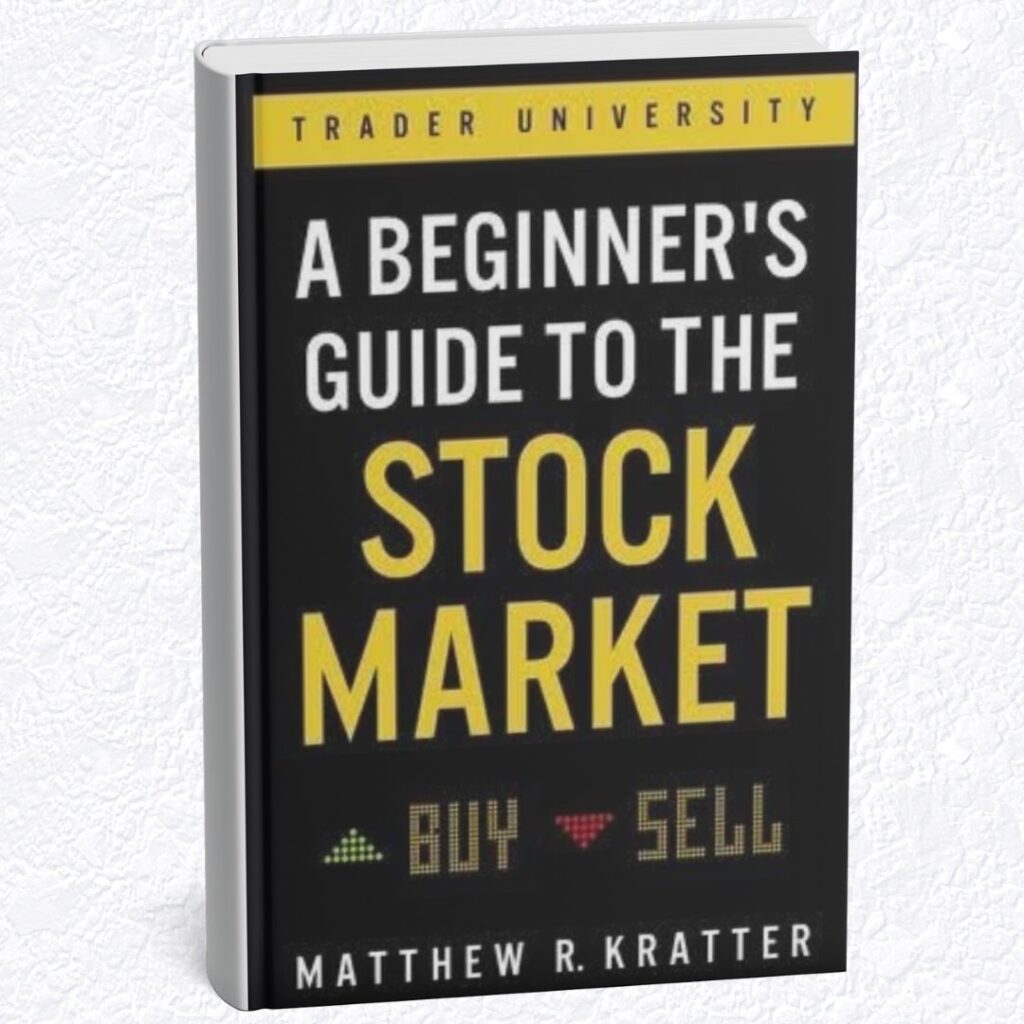
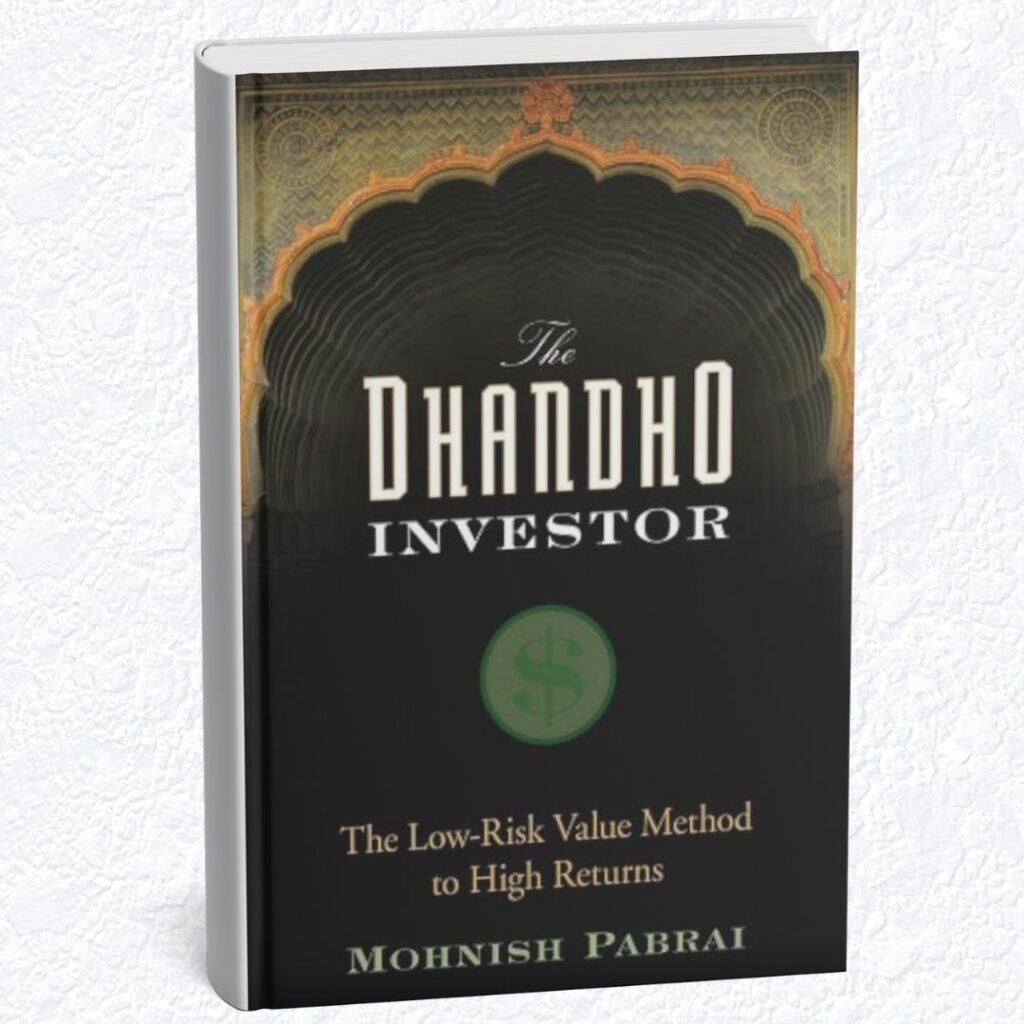
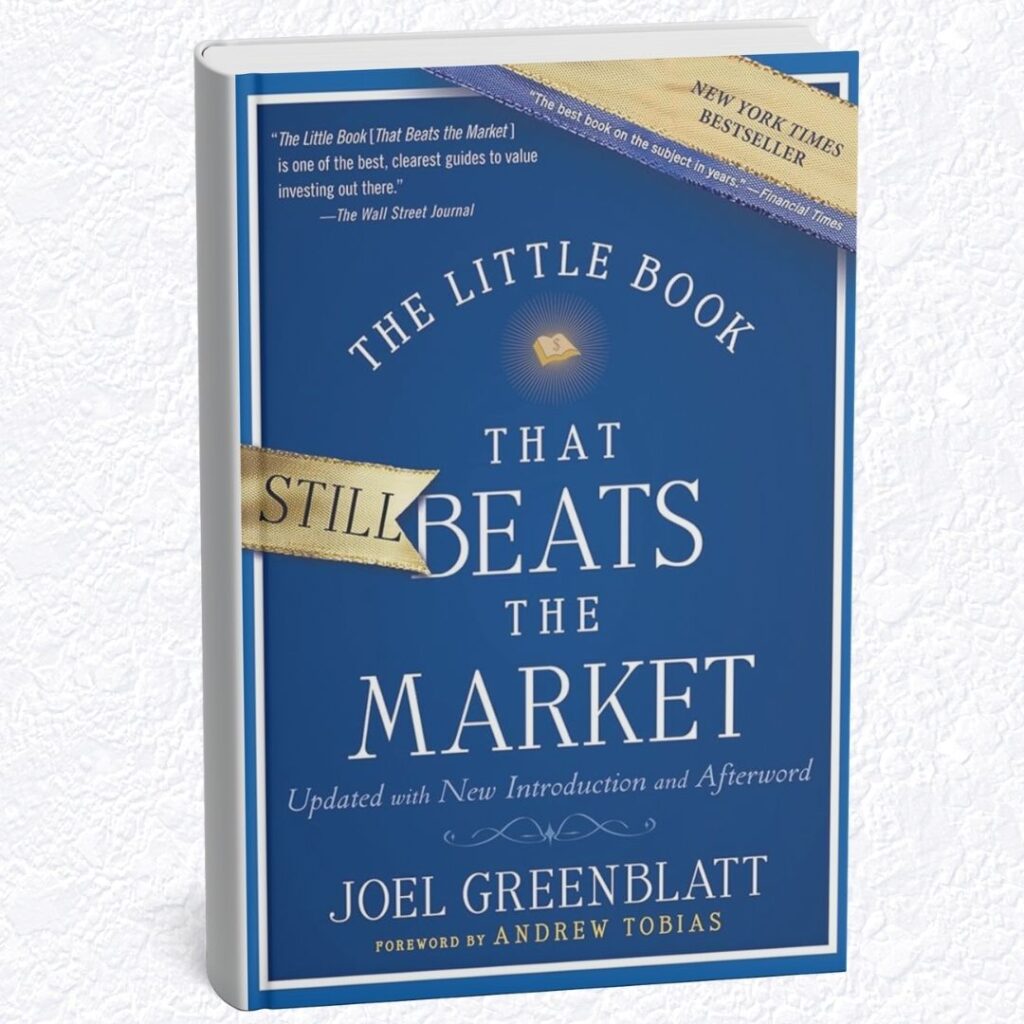
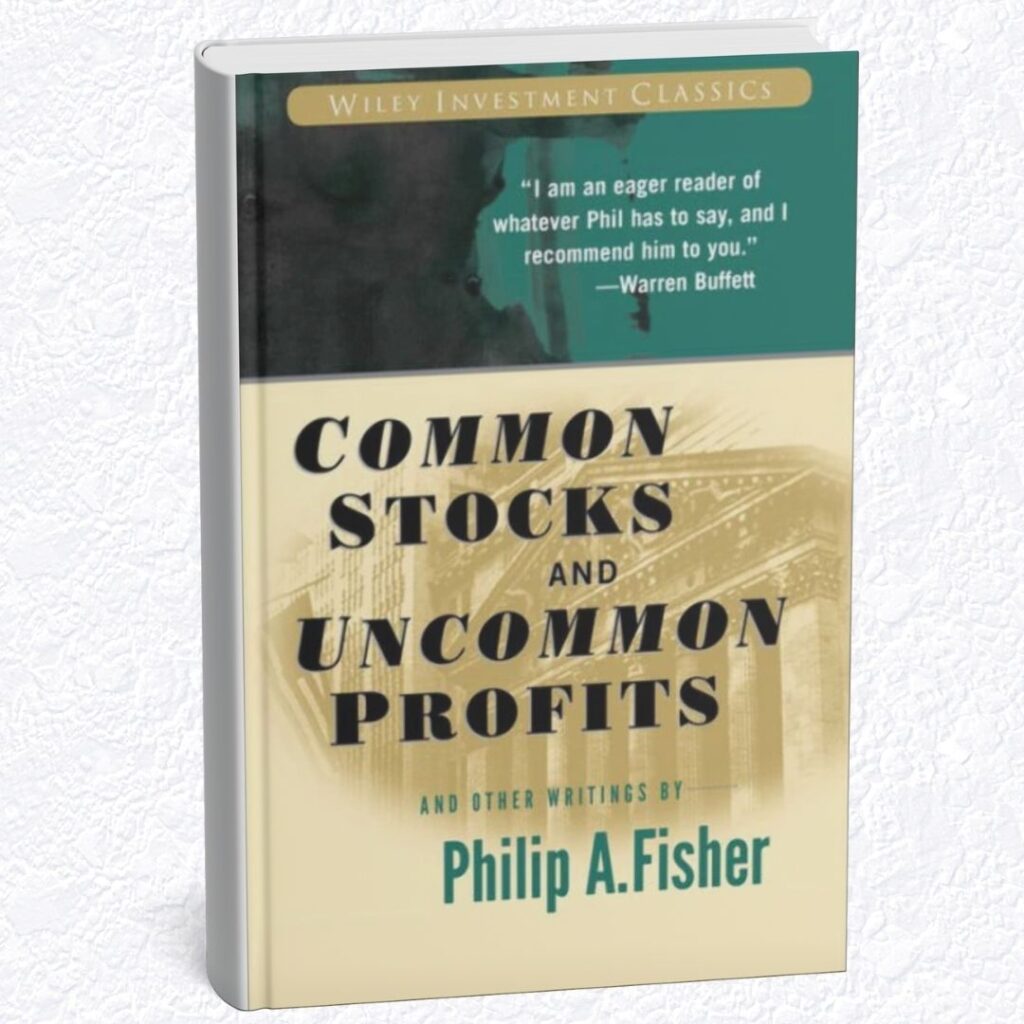
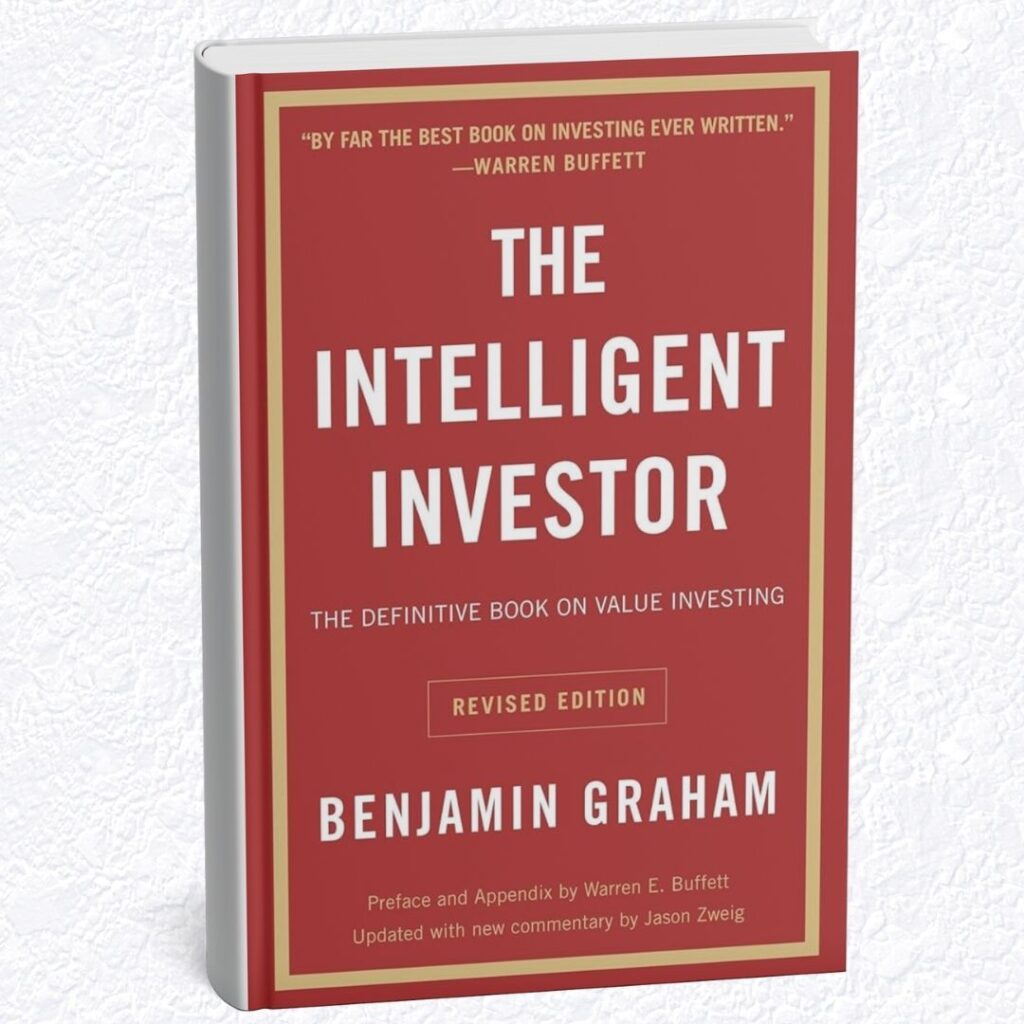
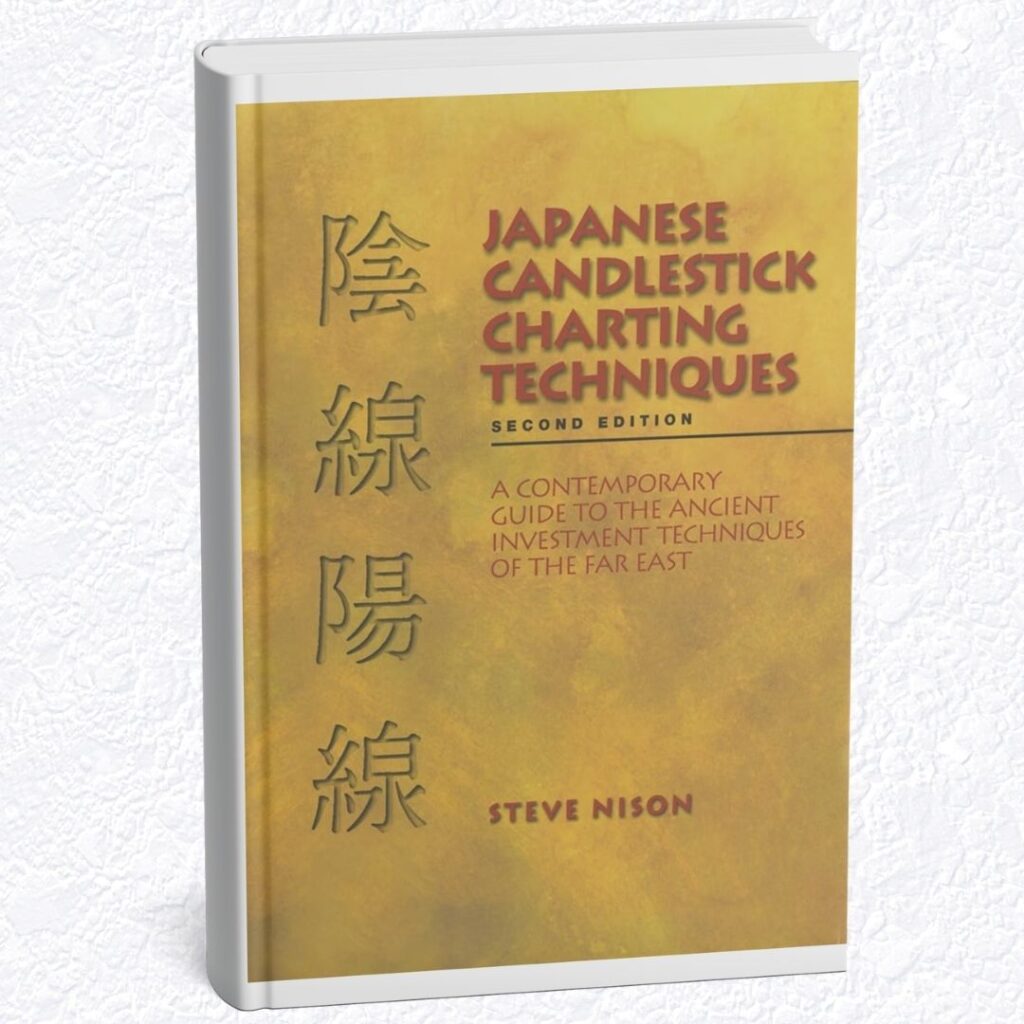
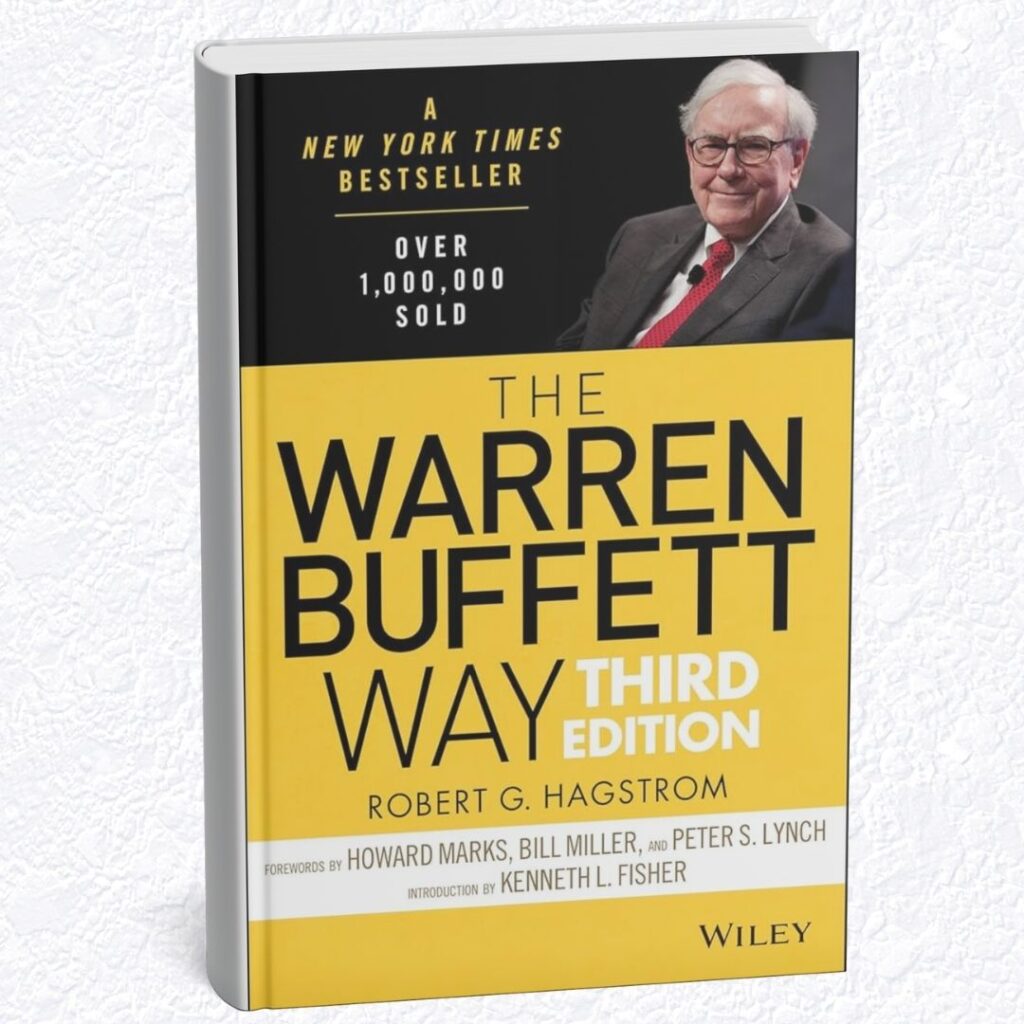
Choosing the right stock market book can feel overwhelming, especially with many available options. Whether you’re a beginner trying to learn the basics of the stock market or a seasoned trader looking to refine your skills, selecting the right book depends on your current knowledge level, trading goals, and areas of interest.
Here’s a simple guide to help you make the best choice:
By carefully evaluating your needs and matching them with the book’s content, you’ll find the perfect resource to take your stock market knowledge to the next level.
Reading stock market books offers countless advantages that go beyond just understanding the market. Here are some of the key benefits:
Advance trading books offer in-depth strategies and expert insights for traders looking to take their skills to the next level. These books focus on topics like advanced technical analysis, chart patterns, risk management, and market psychology, making them ideal for experienced traders. Books such as Market Wizards by Jack D. Schwager provide firsthand accounts of top traders, revealing their methods and mindsets while Trading for a Living by Dr Alexander Elder balances technical skills with the psychological discipline required for consistent success.
Best trading books help refine strategies and introduce you to complex trading techniques. For example, Technical Analysis of the Financial Markets by John Murphy is a must-read for understanding advanced indicators, while The New Trading for a Living offers a holistic approach to managing risk and fine-tuning trading strategies.
Among the many stock market books for beginners we’ve discussed, one title truly stands out as the ultimate guide: A Beginner’s Guide to the Stock Market by Matthew Kratter. This book is perfect for first-time investors because of its simple language and practical approach. It covers everything a beginner needs, from understanding how the stock market works to learning how to buy and sell stocks without making costly mistakes.
This book's step-by-step structure makes it a must-read, making complex concepts like stock valuation, risk management, and trading strategies easy to grasp. If you’re looking for a single book to kickstart your journey in the stock market, this is the one to choose.
Understanding chart patterns and mastering technical analysis are essential for traders who rely on price action and market trends. Books like Japanese Candlestick Charting Techniques by Steve Nison focus on visual tools that help traders predict market movements. Nison introduces candlestick patterns, such as dojis and hammers, making it an invaluable guide for traders looking to improve their technical analysis game.
Similarly, Technical Analysis of the Financial Markets by John Murphy is often regarded as the “Bible” of technical analysis. This book dives deep into charting techniques, trend lines, moving averages, and oscillators, offering a comprehensive guide for beginners and advanced traders alike.
While strategies and technical skills are important, trading success heavily depends on your mindset. Trading psychology books help you develop emotional discipline, overcome fear and greed, and make rational decisions during high-pressure market scenarios. Trading for a Living by Dr. Alexander Elder is a brilliant guide that combines psychology with practical trading techniques, teaching you how to manage stress and avoid impulsive trades.
Reading the best stock market books is one of the most effective ways to gain insights from market experts and learn strategies that work in real-world scenarios. Whether you’re just starting with the basics of trading or looking to enhance your skills with advanced techniques, there’s a book for every stage of your journey. Invest time in choosing the right resource, and you’ll improve your trading knowledge and build the confidence needed to succeed in the stock market. Remember, the more you learn, the more you’ll earn!
Some of the best stock market books include The Intelligent Investor by Benjamin Graham and Market Wizards by Jack D. Schwager. These books provide timeless strategies, insights from legendary investors, and practical advice on navigating the stock market.
The best stock market books for beginners include A Beginner's Guide to the Stock Market by Matthew Kratter and Stock Market Guide for Beginners by Ramkumar Krishnamurthi. These books explain fundamental concepts like how stock markets work, how to open a Demat account, and the basics of buying and selling stocks.
Books are an excellent starting point for learning trading, but practical experience is equally important. Titles like The Intelligent Investor and Trading for a Living provide theoretical knowledge, while practising with virtual trading platforms can help you apply these lessons.
Japanese Candlestick Charting Techniques by Steve Nison is one of the best books for learning chart patterns. It explains candlestick charts, trend lines, and patterns in a way that helps traders predict market movements effectively.
Yes, books like The Dhandho Investor by Mohnish Pabrai and Stock Market Secrets by P. Arun are excellent for Indian readers. These books focus on the unique aspects of the Indian stock market and provide actionable tips for trading and investing.
Reading stock market books helps you understand market trends, strategies, risk management, and trading psychology. These books provide timeless knowledge from market experts, making them a valuable tool for both beginners and experienced traders.
Disclaimer: This article is for educational purposes only and should not be considered financial advice. Always conduct your research and consider consulting with a financial advisor before making any investment decisions.